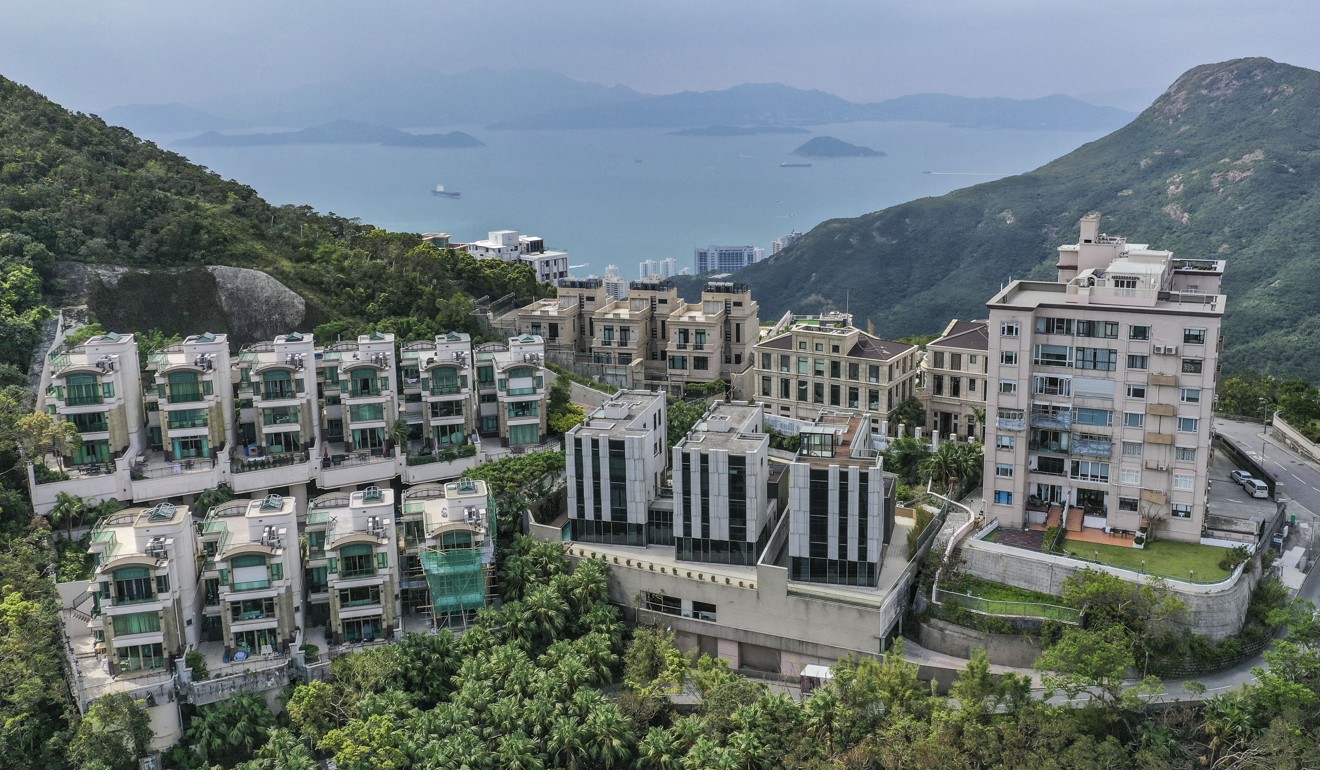
Hong Kong’s housing developers and landlords could take a hit with rates changes – but what are they?
- The government has been accused of favouring the well off with rates concessions
- But reining the rebates in could harm smaller businesses
Hong Kong’s housing developers and major landlords could take a hit, under a government proposal to take away billions of dollars’ worth of property tax sweeteners.
Under the plan, submitted to the Legislative Council on Tuesday, developers and wealthy owners of multiple properties would get fewer concessions on rates. Previously they got a rebate for each property they held. But, under the new plan, concessions would be granted on only one property per owner.
It comes as the government tries to address accusations that it uses its habitually huge budget surpluses to favour the wealthy. But it comes on the heels of a vacancy tax announced this year targeting private developers hoarding unsold flats.
Will this move “achieve social justice” as supporters say, or will some owners end up collateral damage?

What are rates and who pays them?
Rates are one of the indirect taxes levied on all properties, from residential flats to offices, hotels and industrial premises. Owners or tenants of some 3.5 million units across Hong Kong are charged 5 per cent of the property’s rateable value – its estimated annual rental value.
For example, an owner would have to pay an average of HK$6,384 a year in rates for a flat of less than 752 sq ft in the financial year 2018-19.
But the government has offered one-off rates rebates every year since 2007, to ease the burden on property owners.
For 2018-19, the existing concession is subject to a ceiling of HK$2,500 per quarter for each rateable property. It is estimated it will cost the government about HK$17.8 billion.
The new move will help the government save about HK$3 billion on rates concessions, assuming 20 per cent of private property owners have multiple properties.
Why did the government propose this measure?
The administration has been accused of favouring the rich with the concessions, which generally benefit developers hoarding unsold, empty flats and wealthy owners with multiple properties.
In a paper released this week, the Financial Services and the Treasury Bureau said limiting the concessions to one property per owner would “help address the perception that property developers and owners with many rateable properties would receive a considerable sum of rates concessions under the current mechanism”.
Previous government estimates show that Hong Kong’s top 10 landlords, which own about 40,000 properties between them, benefit from rates waivers of more than HK$256 million. The top ratepayer alone, believed to be a big developer, was expected to receive a rates concession of HK$102.6 million from 15,645 rateable properties owned.
But Raymond Chan Yuk-ming, former president of the Institute of Surveyors, said he believed the new measure would not be a big factor for developers deciding whether to hold on to flats.
“It would increase their costs, but not so substantially that it would be a major consideration for them to immediately sell or lease out their flats,” Chan said, adding that developers had usually already factored payable rates into their budgets.
The plan to slash rates concessions came after the announcement of plans for a vacancy tax, which would penalise developers which do not put completed units up for sale in a timely manner, a move designed to prise open supply bottlenecks.
Are there any loopholes?
A single owner of multiple properties could continue to enjoy the concession multiple times if he or she held each property in a separate limited company.
The government said it would “not be feasible or cost effective” for the Rating and Valuation Department to trace the ultimate beneficial owners of properties held by companies, to stop such owners avoiding rates that way.
Will this do more harm than good?
One major drawback would be the damage to small and medium-sized enterprises, many of which rent multiple offices, shops and market stalls. They will no longer enjoy rates concessions, if they are responsible for paying rates under the tenancy agreement.
Any businesses whose landlord only has one leased-out property would be unaffected by the change, but those are few. And landlords with many properties would still choose one of them to receive the rebate, meaning one of their tenants would still escape paying rates.
More young, single, highly educated Hongkongers waiting for public housing
Tenants of public rental housing under the Housing Authority and the Housing Society will receive special treatment and be granted rates concessions.
What do individual property owners think?
Some owners said they would rather the government not hand out rates rebates at all, while some said the rebates still provided necessary relief.
One man, who owned two properties in the city, said the changes would not be fair.
“If the government was going to be stingy, they should just not offer any rates rebates to anyone at all. Let all the money go to poverty alleviation,” the man, surnamed Lo, told an RTHK radio programme.
Another caller, Miss Wong, said the burden was still heavy as her husband was the sole breadwinner, earning money to pay the mortgage, while she had to stay at home to take care of her child, who has special education needs.
“This [rebated] money really comes in handy for families like us,” Wong said.

